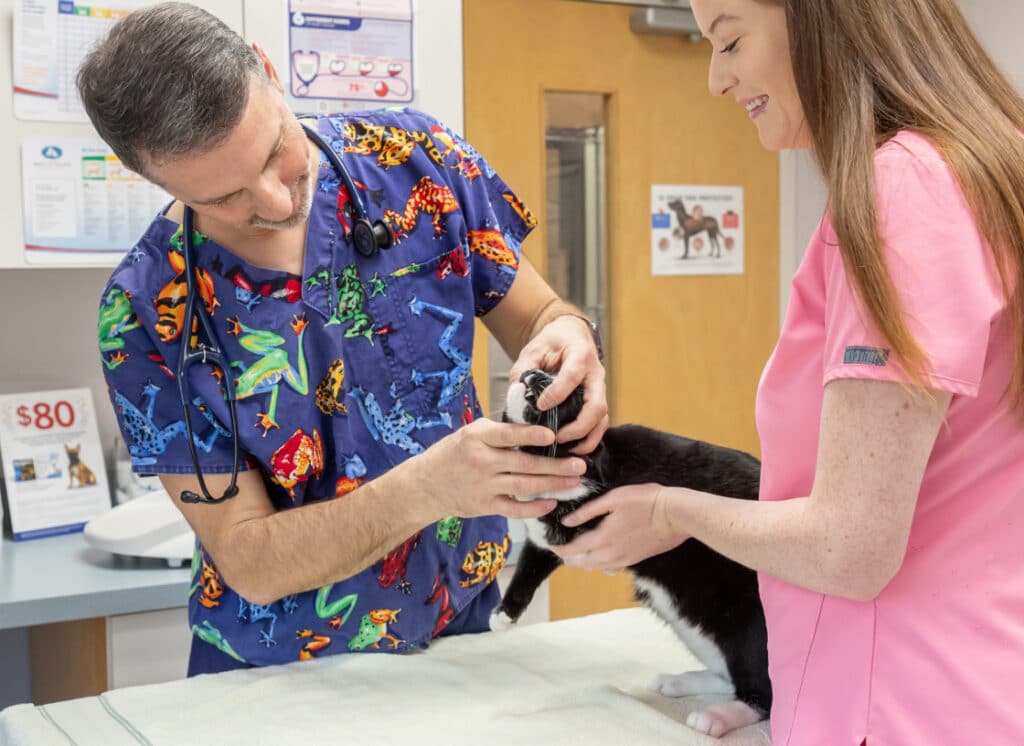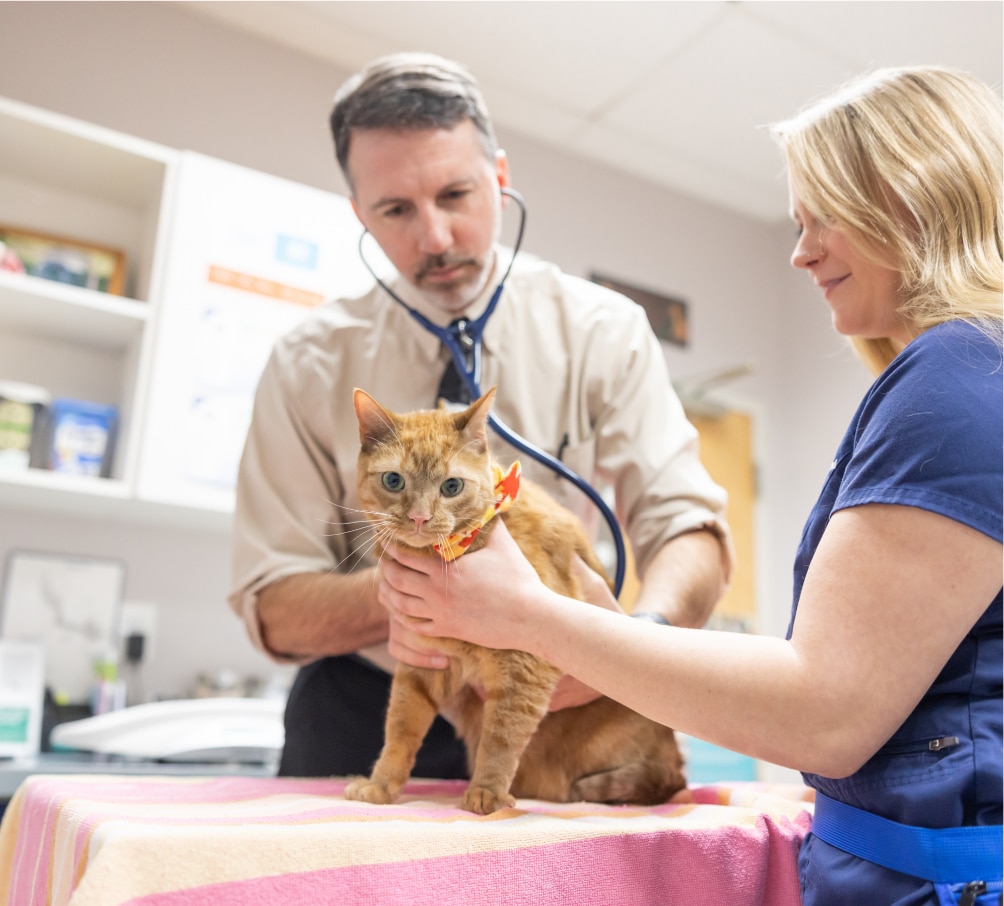Dental Cleaning & Treatment
You know you need to get your pet’s general health checked each year, but what about their teeth? Like humans, your pets need routine dental care to check for signs of disease and decay that can impact their health.
If your pet’s dental health goes unchecked, bad teeth can lead to infections and other diseases that have major implications for your pet’s well-being. Regular exams and cleaning can keep your pet’s teeth in good condition and catch any problems early enough for easy treatment.
All pets should receive a dental exam and many a cleaning once per year. This is especially true for pets who do not receive routine at-home dental care, as their teeth are more likely to suffer from tarter build-up.
For senior pets or pets with chronic conditions, you may need to consider more frequent dental exams and cleanings.
During your pet’s routine physical exam, our veterinarian will:
- Check their teeth and mouth for signs of decay and disease.
- Look for any broken or damaged teeth.
- Check their gums for signs of inflammation and periodontal disease.
- Discuss home dental care to maintain oral health.
- Recommend appropriate procedures for cleaning and treatment.
According to the American Veterinary Dental College (AVDC.org), for safe and effective dental cleaning and treatment, anesthesia is necessary.
Oral Surgery For Pets
In some cases, your pet’s teeth require surgical intervention for extraction or periodontal care to avoid a further issue. During every dental procedure, we take full-mouth, intra-oral digital radiographs. This will help our veterinarian identify teeth that may have hidden disease, or disease that might not be so severe. Digital dental radiographs are easily retrieved for future comparison.
Some cases where your pet may need oral surgery include:
- Advanced periodontal disease
- Broken or chipped teeth
- Exposed pulp that becomes infected
- Dental abscess
- Oral mass
If this happens, our team of skilled veterinarians and technicians will walk you through the entire process, from preparing your pet for surgery through after care procedures. As with any time your pet needs to stay at our facility, you will receive updates on their condition and are always welcome to call and check in on your pet during our regular business hours.
We are often asked how a pet will eat after one or many teeth have been extracted. Our goal for your pet is a mouth free of pain and infection. Teeth requiring extraction are already painful and have not been used for chewing for a long time. In some cases, certain teeth may be repaired with root canal therapy or crown restoration. If you are interested in pursuing these options, we will be happy to refer your pet to a Board-Certified Veterinary Dentist.
How You Can Help Your Pet
Besides taking your pet in for regular dental cleanings, there are some things you can do at home to promote your pet’s good oral health.
One of the best things you can do is to regularly brush your pet’s teeth. Daily brushing of your dog or cat’s teeth can prevent build-up of tartar and plaque, which lead to periodontal disease.
Many pets are hesitant about dental care at first, and they need to get used to the idea. Here’s some advice on how to proceed:
- Purchase pet-specific, enzymatic toothpaste and a regular or finger toothbrush.
- Allow your pet to lick some of the toothpaste off the brush to get used to the taste of the toothpaste and the feel of the brush.
- The first few times, just brush your pet’s front teeth.
- As your pet gets more comfortable, brush more of their teeth until you are brushing all of them.
- Be certain to reach the upper back of their mouth. This is where we often see the worst dental disease.
- Follow all brushing practice with a treat to encourage your pet to associate it with positive reinforcement.
Your veterinarian can help instruct you on where to find the right tools to brush your pet’s teeth. They will also provide advice on making the process easier for everyone, during your regular annual wellness check or dental cleaning appointment.
Pre-Dental Drop-off
If you are dropping your pet off with us for a dental procedure, please do not offer food after midnight. Water should not be withheld, and your pet should have free access to water until the time you leave to bring them to us.
Patients should arrive between 7a and 7:30a. Be prepared to spend up to 15 minutes to review the estimate, ask any questions you may have and receive final instructions on how the day will go for your pet.
Most procedures are started before midday. We will call when your pet’s procedure is complete and they are in recovery. We will discuss the procedure and any questions you may have, as well as provide a recommended pick-up time.
Dogs are required to be current on:
- Rabies
- Distemper/Hepatitis/Parvovirus
- Bordetella/Kennel Cough
Cats are required to be current on:
- Rabies
- Panleukopenia (Feline Distemper)/Rhinotracheitis/Calicivirus


Schedule an Appointment With Us Today!
Your pet’s health and happiness is our priority. Press below to schedule an appointment with our pet care team.

